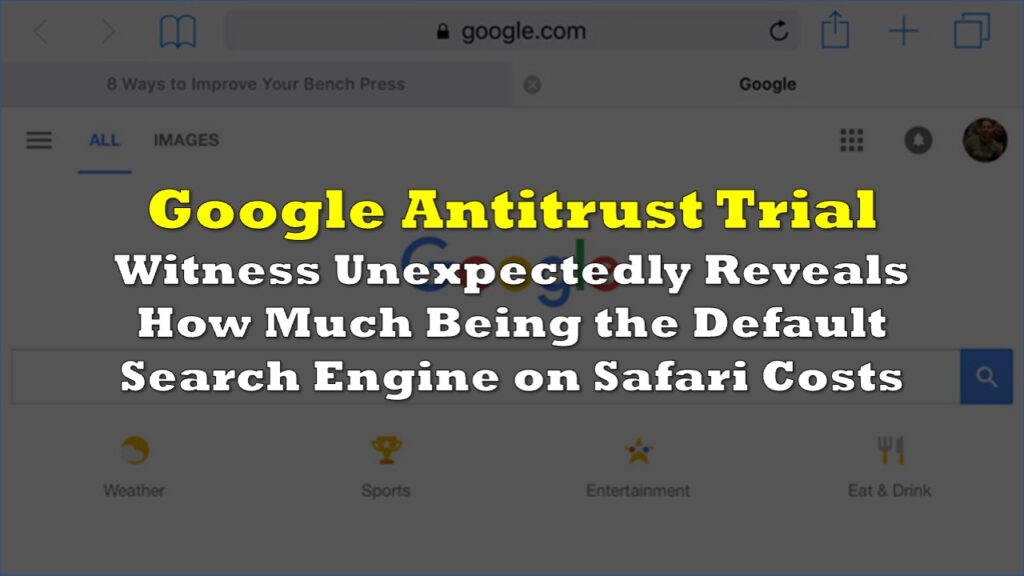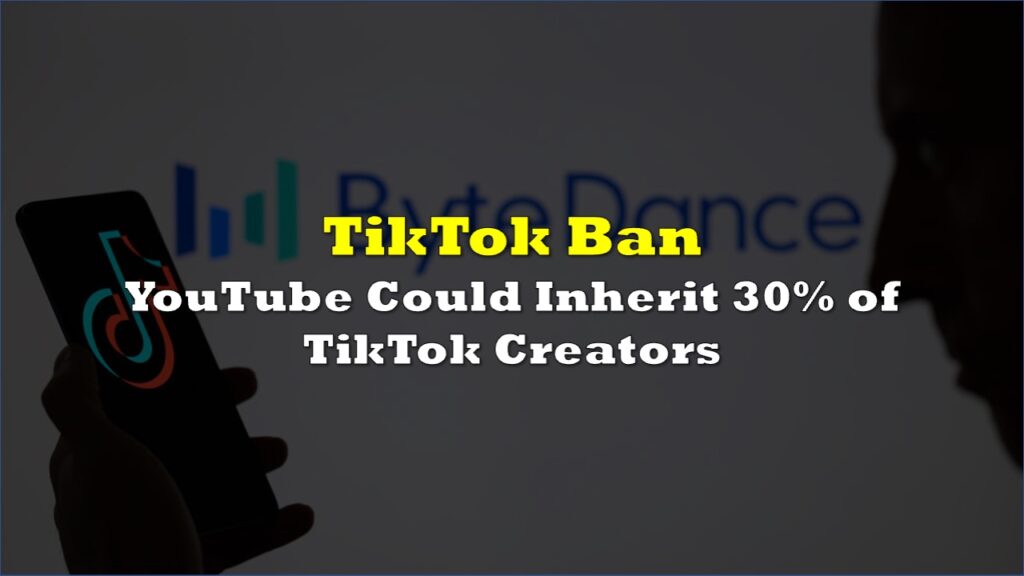The U.S. Department of Justice is preparing to ask a federal judge to compel Alphabet Inc. (NASDAQ: GOOGL) to sell its Chrome browser. The move aims to dismantle Google’s alleged monopoly in the search market and address broader concerns over the company’s dominance in artificial intelligence and smartphone operating systems.
The DOJ’s case against Google began in earnest under the Trump administration in 2020, marking the most ambitious antitrust lawsuit since the government attempted to break up Microsoft Corp. (NASDAQ: MSFT) in the early 2000s. Judge Amit Mehta ruled that Google had violated antitrust laws by monopolizing the search market. The trial, which spanned ten weeks, revealed how Google’s practices stifled competition in both online search and search text advertising markets.
The DOJ’s forthcoming proposals reflect its determination to implement structural remedies rather than rely solely on behavioral adjustments. Central to the government’s case is Google’s integration of Chrome, the world’s most popular web browser, with its search and advertising ecosystems.
Why Chrome?
Chrome accounts for approximately 61% of the U.S. browser market, according to StatCounter. This dominance allows Google to steer users toward its search engine, where the company collects valuable data to power its ad-targeting algorithms. These practices contribute to Google’s advertising revenue, which makes up the bulk of its annual earnings.
Google’s critics argue that Chrome’s market share gives the company an unfair advantage in tracking user behavior across the web. This wealth of data bolsters its search algorithms and AI systems, reinforcing its dominance in both markets, according to experts familiar with the antitrust case.
The Justice Department reportedly believes that separating Chrome from Google would create a more competitive environment for browsers, search engines, and AI developers alike.
In addition to recommending the divestiture of Chrome, the DOJ and state attorneys general are preparing to propose several other measures aimed at addressing Google’s market dominance. One such measure involves requiring Google to sell its “click and query” data and syndicate its search results without the current restrictions. This adjustment would allow rival search engines and AI startups to enhance their offerings by accessing essential data.
Another proposal focuses on addressing concerns raised by website publishers over Google’s “AI Overviews,” which display AI-generated summaries at the top of search results. The DOJ may advocate for rules that permit publishers to opt out of these overviews without risking a drop in search result rankings. Additionally, the DOJ is considering forcing Google to separate its Android operating system from its other offerings, such as its search engine and app store, to counter complaints about the company’s practice of bundling services to maintain dominance across multiple platforms.
Finally, measures to enhance advertiser control are also being weighed. These would give advertisers more authority over where their ads appear, reducing Google’s dominance in the digital advertising market. Although the DOJ has stepped back from earlier discussions of requiring Google to sell its Android business outright, it remains focused on ensuring that no single product can be used to reinforce the company’s monopoly.
Google has strongly opposed the DOJ’s recommendations, with Lee-Anne Mulholland, the company’s vice president of regulatory affairs, accusing the government of pursuing an “extreme agenda.”
“The government putting its thumb on the scale in these ways would harm consumers, developers, and American technological leadership at precisely the moment it is most needed,” she stated.
The company has vowed to appeal Judge Mehta’s August ruling and has criticized the proposed remedies as overreaching.
Chrome Spin-off
A Chrome spin-off would depend on finding a suitable buyer. Analysts have speculated that potential candidates like Amazon.com Inc. (NASDAQ: AMZN) may face their own antitrust hurdles. Others suggest that companies like OpenAI, the creator of ChatGPT, could see value in acquiring Chrome to complement their existing AI and advertising businesses.
“My view is this is extremely unlikely,” said Mandeep Singh, an analyst at Bloomberg Intelligence. “But a buyer like OpenAI could leverage Chrome’s distribution and data assets to build a competitive edge.”
Judge Mehta is set to hold a two-week hearing in April 2024 to determine the final remedies, with a ruling expected by August 2025. The case could establish a new precedent for regulating Big Tech, affecting not only Google but also other industry giants.
Information for this story was found via Bloomberg, and the sources and companies mentioned. The author has no securities or affiliations related to the organizations discussed. Not a recommendation to buy or sell. Always do additional research and consult a professional before purchasing a security. The author holds no licenses.









